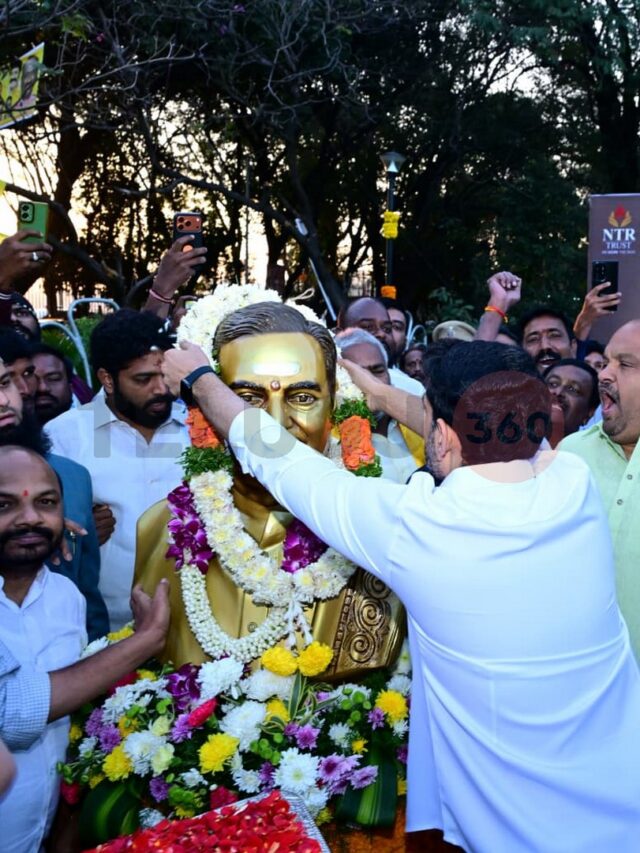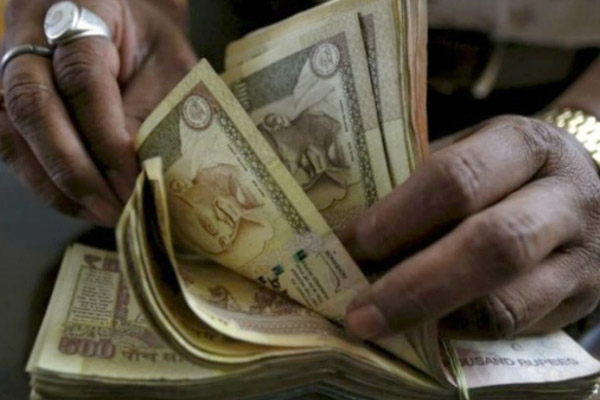The Union Cabinet today cleared the promulgation of an ordinance with the aim of penalising those found holding the junked Rs 500 and Rs 1,000 currency notes after the deadline ends. The ordinance will extinguish the liability of the government and the Reserve Bank of India on the demonetised notes.
The penalty for holding old currency in excess of 10 notes may include financial fines and a jail term of up to 4 years in certain cases. However, the old notes will be allowed only for the purpose of research and numismatics. The decision was taken at a Cabinet meeting in New Delhi this morning. Sources said the Cabinet also approved an ordinance to amend the RBI Act to remove the liability of the government and the central bank on the demonetised high-denomination notes to prevent future litigations.
However it is not clear as of now whether the penal provisions would apply for holding the junked currency after the 50-day window, which expires this Friday or after March 31st next year. While announcing the demonetisation of the old currency on 8th of last month, the government had allowed holders to either exchange them or deposit in bank and post office accounts.
While the facility to exchange the old notes has since been withdrawn, depositors have time till Friday to deposit old notes in their accounts. It is necessary to make possession of old notes illegal and punishable to ensure that no one is forced to accept scrapped currency as payment or wages.
According to government officials, putting a cap on the deposit of the old notes on December 30 will help the government in better estimating the money coming back into the system and help it in making projections for the Union Budget 2017-18. The official added that a three month window between January 1, 2017 and March 31, 2017 for deposit of old currency notes in specified offices of the RBI will remain open, but only for exigencies.




































